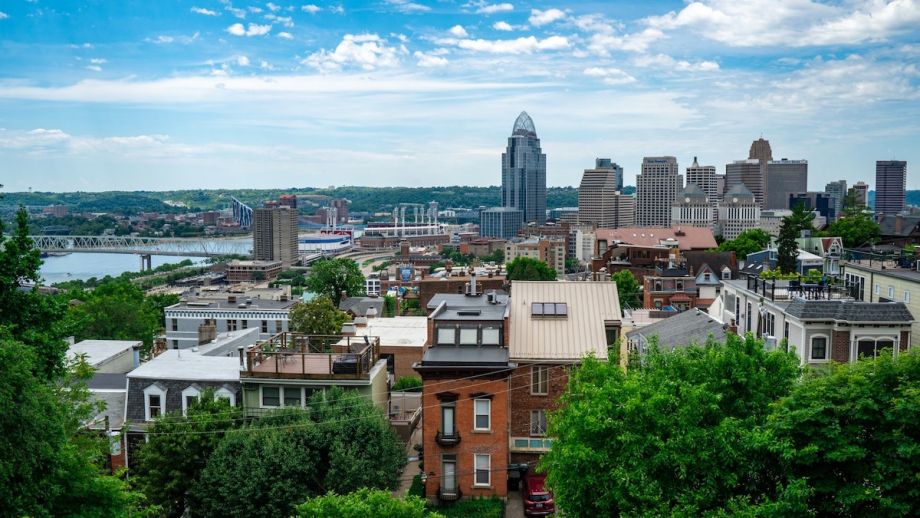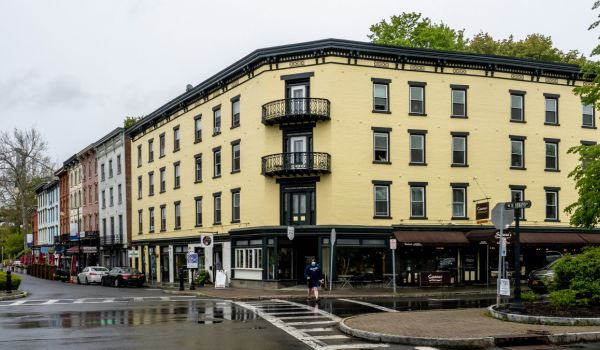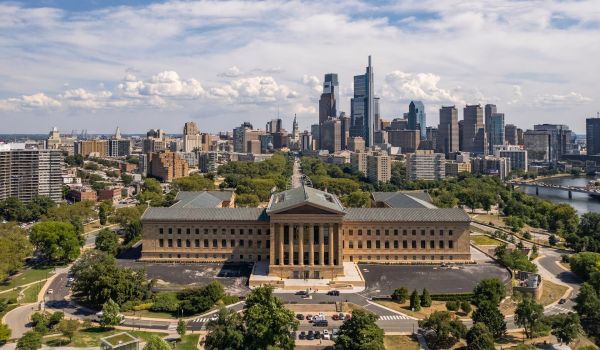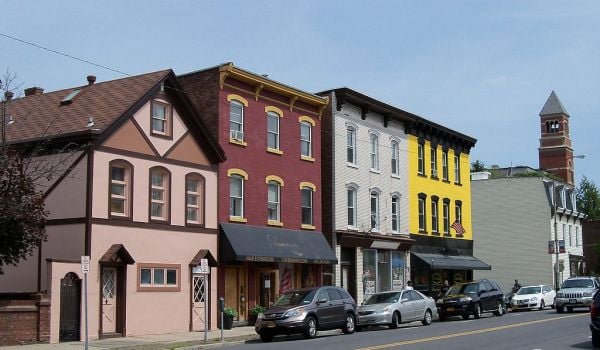Welcome to The Weekly Wrap, our Friday round up of stories that explain the problems oppressing people in cities and elevate the solutions bringing us closer to economic, environmental and social justice.
ICYMI: We’re hosting a webinar about narratives in the community development sector — and practical ways to push back against harmful ones at all levels. RSVP today!
Do you have news or an event that should be in The Weekly Wrap? Email us details at wrapped@nextcity.org — and it might just get included in next week’s edition!
Ohio Cracks Down on Wage Theft
Statehouse News reports that cities across Ohio have been passing laws to crack down on wage theft. The two most recent cities to pass such laws are Dayton and Cuyahoga, joining Cincinnati, Columbus and Cleveland. Wage theft includes either failing to pay someone for the hours they worked or paying them less than the minimum wage. Nearly a quarter million people across Ohio are paid less than either the state minimum wage, which is $9.30 an hour, or the federal minimum wage, which is $7.25 an hour. Many of the new laws being passed in Ohio ban cities from working with companies that engage in wage theft, according to Statehouse.
Street Homelessness Increases in New York City
Street homelessness in New York City has increased by 18% in the past year, according to an annual city survey that was conducted in January. Gothamist reports that the survey counted 4,042 people experiencing street homelessness on January 24, an increase from 3,439 in 2022. This is despite Mayor Eric Adams’ vocal push for homeless sweeps that are typically police-led. The data release comes a week after City Comptroller Brad Lander released a report showing that in a period between March and November 2022, the city had only permanently housed three people who outreach workers encountered during encampment sweeps.
The Adams administration blamed the uptick in unsheltered homelessness on the influx of asylum seekers to the city, which it said drove the shelter population to surpass 100,000 people for the first time. The city is running a Housing First pilot to get people who are unsheltered connected to permanent housing, but it has only 80 slots available at this time.
Solar Farms in Palm Springs Strain Water Supply
According to Inside Climate News, the expansion of solar farms into the Palm Springs Desert to meet California’s renewable energy goals has been straining the dwindling water supply and draining local wells. While solar farms typically don’t require much water, Inside Climate News reports that constructing the farms does require a large amount of water to mitigate the spread of dust.
The project is being overseen by the Bureau of Land Management as it is on public land, and the agency was aware of the potential strain on the Chuckwalla Valley Groundwater Basin, the local aquifer, according to Inside Climate News. The Bureau can instruct solar companies to reduce pumping until the aquifer is replenished but has not done so yet, according to the outlet.
Oregon Law Pushes Cities to Ban Parking Mandates
Cities across Oregon have been eliminating parking mandates for new construction and have received little pushback from angry drivers, Sightline reports. The repeals are the result of a statewide regulation passed last year that gives cities the option to either repeal parking mandates altogether or adhere to a complicated set of regulations. Seven cities have gone with the former option, including Portland, Salem and Bend, according to Sightline. According to the Department of Land Conservation and Development, parking spaces cost cities more as “the costs of car ownership and use are subsidized, leading people to own more cars and drive more than they would if they were aware of the true costs.”
Museum of the American Revolution Hosts Far-Right Group Amid Protest
Protestors gathered in Philadelphia to demand that the Museum of the American Revolution cancel a private event organized by the far-right group Moms For Liberty, Hyperallergic reports. The event coincided with a conference held by the group, which featured talks from Ron DeSantis and Donald Trump. Moms For Liberty is a Florida-based organization that has been pushing for book bans across the country, including books that contain LGBTQ content.
In addition to protestors, the museum’s decision to go forward with the private event was criticized by museum staff as well as historians, including the Organization of American Historians, which released a statement saying that the group brought “harm to the work undertaken every day by our community of historians, and harm to individual historians — especially in the LGBTQ+ and BIPOC communities.”
Curated by Deonna Anderson
MORE NEWS
-
How have guaranteed income program participants used the no-strings-attached money to achieve their dreams? This new limited podcast series, hosted by writer, scholar, and cultural organizer Eve L. Ewing, highlights the stories of guaranteed income recipients from across the Chicagoland area. Respair Production & Media
-
Some vital services — like hospitals and local providers for people experiencing homelessness — scored less money than what they were seeking in the California state budget. CalMatters
-
Cities find it challenging to convert buildings for new uses. There are plenty of barriers — how can cities overcome them? New York Times
-
Here’s how economic pressures are making it difficult for Japanese American farmers in Colorado to stay afloat. The Colorado Sun
-
The HAVENS Act, introduced in Congress in May, would fund up to $100 million to build five tiny home villages in the U.S. Insider
-
Wildfire smoke is adding another layer of health risks for construction workers. City Limits
This article is part of The Weekly Wrap, a newsletter rounding up stories that explain the problems oppressing people in cities and elevate the solutions bringing us closer to economic, environmental and social justice. Click here to subscribe to The Weekly Wrap newsletter.

Roshan Abraham is Next City's housing correspondent and a former Equitable Cities fellow. He is based in Queens. Follow him on Twitter at @roshantone.









_600_350_80_s_c1.jpg)








